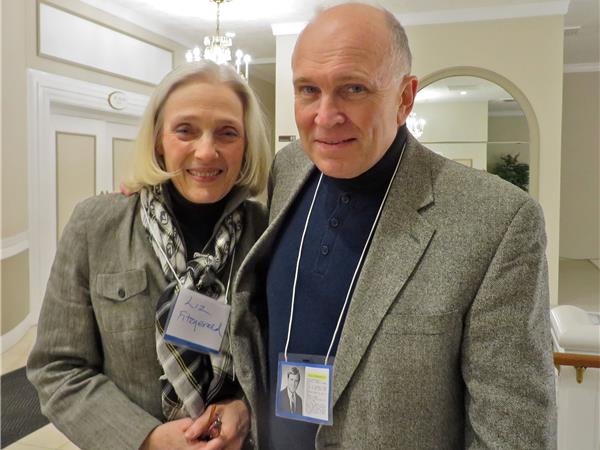Gandhi's response to Badsher Khan's question defined the Khudai-Khidmatgar accurately, but a true understanding of the Pashtun non-violence movement only begins there.
The strength of Badsher Kahn's Khudai-Khidmatgar and its philosophy challenged more than just the Afghan tribal code of Pashtunwali and the dominance of the British Empire in India. Badsher Khan also challenged the idea expressed by many Western orientalists that his movement was just an aberration.
As we discovered in writing our book Invisible History: Afghanistan's Untold Story, getting an authentic picture of Afghan culture through the minefield of orientalist scholarship is no simple task. Sruti Bala's 2013 article in the Journal Peace and Change points out that commentaries and studies of anything regarding the Afghan non-violence movement are "ridden with interconnected problems" that make it impossible to come anywhere close to an honest understanding of Badsher Khan's movement.
Cultural stereotyping of Pashtuns, labeling acts of non-violent resistance as simply an aberrant phase of an inherently violent culture and denying the indigenous Afghan roots of the movement are just the start. Added to that is an intellectual prejudice which privileges elitist viewpoints of Gandhi's Hindu non-violence movement over the actual concrete acts and practices of the Muslim Khudai-Khidmatgar.
The maltreatment of the Afghan nonviolent movement reveals more about the biases of Western academics than of the movement itself and according to Sruti Bala has completely obscured its place in history. She writes:
"The social and political movement that this organization spearheaded is arguably one of the least known and most misunderstood examples of non-violent action in the twentieth century. The lack of extensive research is partly connected to the systematic destruction of crucial archival material during the colonial era, as well as by Pakistani authorities following independence."
Why was the non-violence movement of Mohandas Gandhi awarded recognition and international celebrity status by the West; while the Pashtun Khudai-Khidmatgar movement and its leader Badsher Kahn were suppressed, imprisoned and eventually outlawed? Should the Afghan non-violent movement be dismissed as just an aberration as critics say, or is it more likely that Badsher Khan's commitment by Pashtuns to internal tribal reform and genuine non-violent resistance was something the British Empire feared might actually change the game and so, did everything in their power to erase it from the public's memory and pretend it never existed.
Dr. Sruti Bala provides some clues about Badsher Khan and the suppression of the Khudai-Khidmatgar. "Khan belonged to a comparatively well-off land-owning family. Unlike Gandhi or Nehru, he was neither a man of Western learning nor a prolific writer." She writes. "In fact, he was described as, 'a man of very large silences,' a nationalist leader whose life of ninety-eight years, one third of which was spent in jail, is steeped in myth and legend."
Next Page 1 | 2 | 3 | 4 | 5 | 6 | 7 | 8 | 9 | 10 | 11 | 12 | 13 | 14 | 15 | 16 | 17 | 18 | 19 | 20 | 21 | 22 | 23 | 24 | 25 | 26 | 27 | 28 | 29 | 30 | 31 | 32 | 33 | 34 | 35 | 36 | 37 | 38
(Note: You can view every article as one long page if you sign up as an Advocate Member, or higher).





